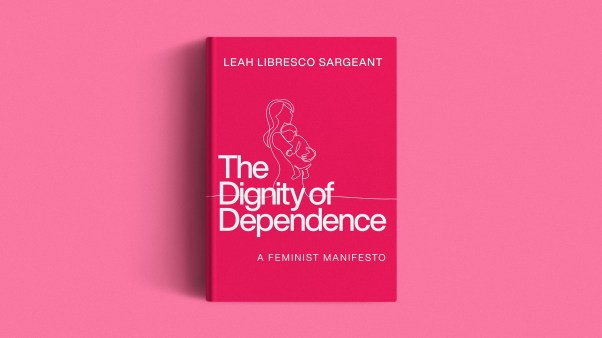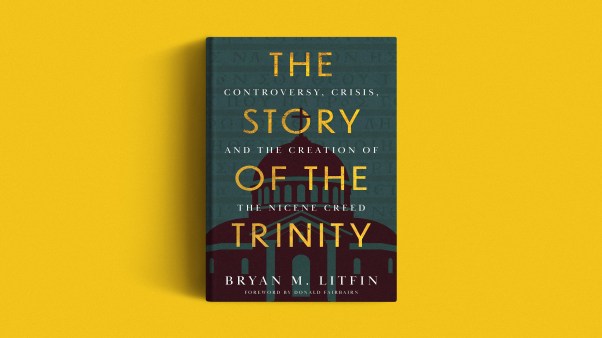The man who succeeds Pope John Paul II as leader of the world’s biggest church must neither “polarize” nor “divide” the church, according to one of the world’s leading Catholic theologians.In an exclusive interview with Ecumenical News International (ENI) during the Third Parliament of the World’s Religions (PWR), which is taking place in Cape Town until December 8, Hans Kung, a prominent Catholic theologian and philosopher, shared his vision of the next pontiff.Although Kung did not directly criticize Pope John Paul, he suggested that the successor to the current pontiff would need to have a very different personality. “He should be a pope who is not polarizing and dividing the church, who is not presenting a contradictory position between his foreign policy for human rights and justice on the one hand and [on the other hand] a domestic policy [within the church] which suppresses human rights and justice.”We want a pope more on the line of Pope John XXIII who is not hindering reforms but who is leading those reforms we sorely need,” a reference to John XXIII’s convening the Second Vatican Council after becoming pope in 1958; the council led to a major reform of the Catholic Church.In particular, Kung said, the Catholic Church needed to tackle the problems of sexual morality, “especially this impossible encyclical Humanae Vitae [a papal document forbidding Catholics from using contraceptives] and celibacy [according to which Catholic priests may not marry] which deprives our parishes more and more of priests and is leading the church into a rather catastrophic situation.”Kung welcomed a recent agreement between the Vatican and the Lutheran World Federation on the doctrine of justification, one of the main points at issue between the two traditions since the time of the Reformation.In his doctoral dissertation, which was published in 1957 and which compared the Protestant understanding of justification with the Catholic tradition, Kung concluded that the doctrine of justification could not be a reason for the continuing separation of the Catholic Church from the churches of the Reformation.”Forty years ago, I said that a mutual understanding between Lutherans and Catholics was possible. It took the church four decades to realize that,” Kung said in his interview with ENI.The Swiss professor, whose license to teach theology at Catholic theology faculties was revoked by Rome in 1979 for his unorthodox thinking and views on issues that include papal infallibility and contraception, added: “I am happy that my views on justification have finally been accepted as correct. I hope to be justified and confirmed [by the Catholic Church] also in other issues.”Today, Kung is president of the Global Ethic Foundation in Tubingen, Germany. He was the author of the draft for the Declaration towards a Global Ethic, the document of the previous PWR that took place in Chicago, United States, in 1993. Kung spoke to ENI immediately after a lecture on a global ethic as part of the PWR program.A global “ethic,” he said, was a minimum of common values and attitudes, which could be affirmed by all religions, and be supported by non-believers.This was important today, where societies found themselves in a crisis of orientation as a consequence of globalization, liberalization and secularization.However, Kung warned against moralizing.”Moralizers make morality the sole criterion for human action. It is especially not allowed to exploit moral arguments for your own institution, especially as happens in churches or so-called Christian democratic parties who use moral arguments simply to justify their own interest group.”Kung criticized “this kind of moralism” within his own church.”I do not want to criticize the Vatican and a certain person there, but this stance against the pill, for a religious position in the abortion issue, or defamation of homosexuals, everything that was said against women, especially the ordination of women—all this has caused great damage to morality. It is the wrong kind of moralizing.”Christians did, of course, have to take a stance on certain issues, “but you cannot solve these problems by issuing a declaration to find consensus.””I am sure that the next pope will no longer be able to maintain opposition against the pill, the ordination of women and all the other divisive issues,” he said.Related ElsewhereSee our earlier coverage of the Parliament of the World’s Religions:
“Help Us Develop Our Souls, Mandela Tells World Religious Leaders | Former South Africa president awarded by Parliament of the World’s Religions” (Dec. 8)”First United Nations ‘Spiritual Summit’ Planned | 1,000 of world’s spiritual leaders to meet in August 2000″ (Dec. 8)”Goodbye, Dalai | China Pressures South Africa President To Refuse Meeting With Dalai Lama” (Dec. 2)
The Parliament of the World’s Religions South Africa site has a program of the meeting and daily highlights.
Copyright © 1999 Christianity Today. Click for reprint information.








